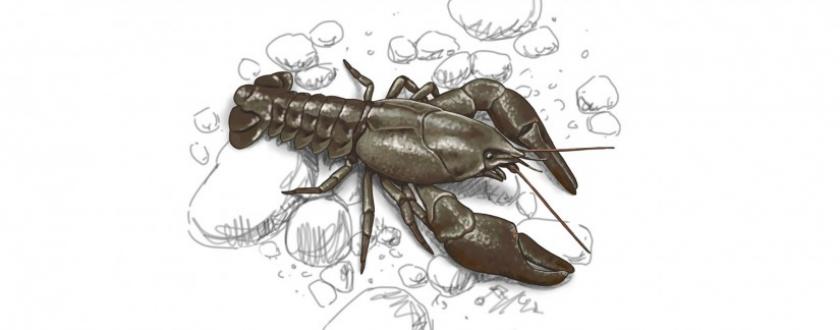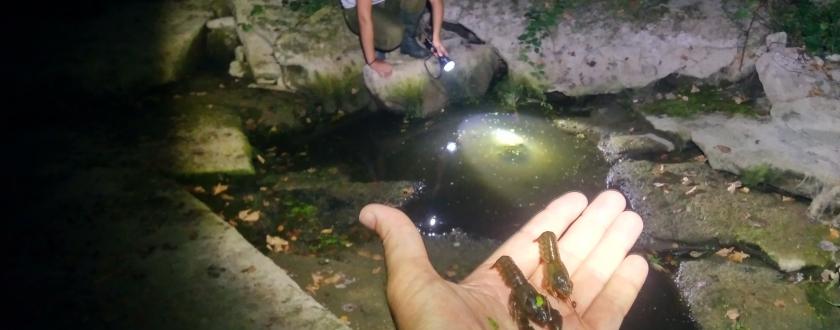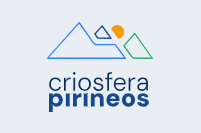CRANC project: Conservation of streams of high natural value for crayfish in Catalonia
Descripció del cas d'estudi
The CRANC project seeks to locate and conserve stretches of river hosting native crayfish populations or which have the potential to do so. The conservation actions will increase the ecological resilience of crayfish populations to the effects of climate change and ensure their long term viability.
The greatest threat to remaining autochthonous crayfish populations is a lack of water along the watercourses where the species is still holding out in Catalonia. A series of pilot adaptation measures has been implemented with the goal of increasing the ecological resilience of these populations to the effects of climate change.
The main objectives of the project are:
1. Guarantee a minimum permanent water flow by increasing the area of submerged habitat and eliminating or greening abstractions to reduce the volume of water consumed for human use.
2. Increase the adaptation capacity of populations by increasing their genetic diversity. This was achieved via a prior analysis of the haplotypes present in each populations and subsequent population-level support.
3. Facilitate the repopulation of watercourses which are appropriate for the species by reintroducing individuals from other populations.
4. Engage the local population in crayfish conservation via stewardship agreements and the preparation of management documents for each population for submission to the town halls involved.
These actions are being implemented in the Collsacabra Protected Natural Area (Girona, Catalonia), which is a representative example of the diversity of the Transversal Range.
A crayfish management plan has been put together for the Collsacabra/Bisaura area. It includes the following actions:
- Launch of two pilot initiatives to reduce the volume of water abstractions from watercourses with crayfish and greening of said extractions.
- Pilot installation of rainwater capture measures to reduce water abstraction from crayfish-inhabited watercourses.
- Enlarging pools to improve crayfish habitat manually.
- Fencing to keep livestock away from crayfish-inhabited watercourses.
- Taking samples for genetic analysis.
- Population-level support to increase genetic diversity in the host population.
- Translocation of crayfish to create new populations in watercourses which are suitable for the species.
- Signing watercourse stewardship agreements with the owners of estates which adjoin land with crayfish populations.
Case study developed and implemented as a climate change adaptation measure.
Asociación Paisatges Vius, municipios de L’Esquirol y Ruipt i Pruit.
Informació addicional
The project is promoted by the Asociación Paisatges Vius in collaboration with the municipalities of L’Esquirol and Ruipt i Pruit, which together comprise the Collsacabra SAC, part of the Natura 2000 Network. These municipalities own the estates where the association is taking forward several of the project actions. Use of the estates has been granted through land stewardship agreements with the municipalities.
Success factors: measures geared towards conservation of fluvial ecosystem potential, functions and processes for conservation of the species and its habitat; engagement of local stakeholders through stewardship agreements with owners of neighbouring estates; management plan signed to secure the involvement of town halls.
Limiting factors: the conservation status of the autochthonous crayfish Austrapotamobius pallipes (considered in danger of extinction by the International Union for Conservation of Nature (IUCN), given 99% of its populations have disappeared over the last 30 years. The main cause of this drastic reduction is essentially the expansion of non-native crayfish species).
The total project budget is €46,935.00.
The project is supported by:
- Barcelona Council, within the framework of the collaboration agreement for implementation of the Crayfish Management Plan in the Natural Park Network (2017-2020).
- Fundación Biodiversidad, within the framework of the announcement of grants for climate change adaptation projects in 2017-2018, through funding of the project titled Climate Change Adaptation Measures for Crayfish Conservation.
- Town halls in l'Esquirol, Rupit i Pruit, Sora and Taradell as part of environmental education projects covering continental aquatic ecosystems.
2017-2018 (1 year - complete)
Informació de referència
OBSERVATORI PIRINENC DEL CANVI CLIMÀTIC
Avenida Nuestra Señora de la Victoria, 8
22.700 - Jaca
Huesca - España
+34 974 36 31 00
info_opcc@ctp.org






